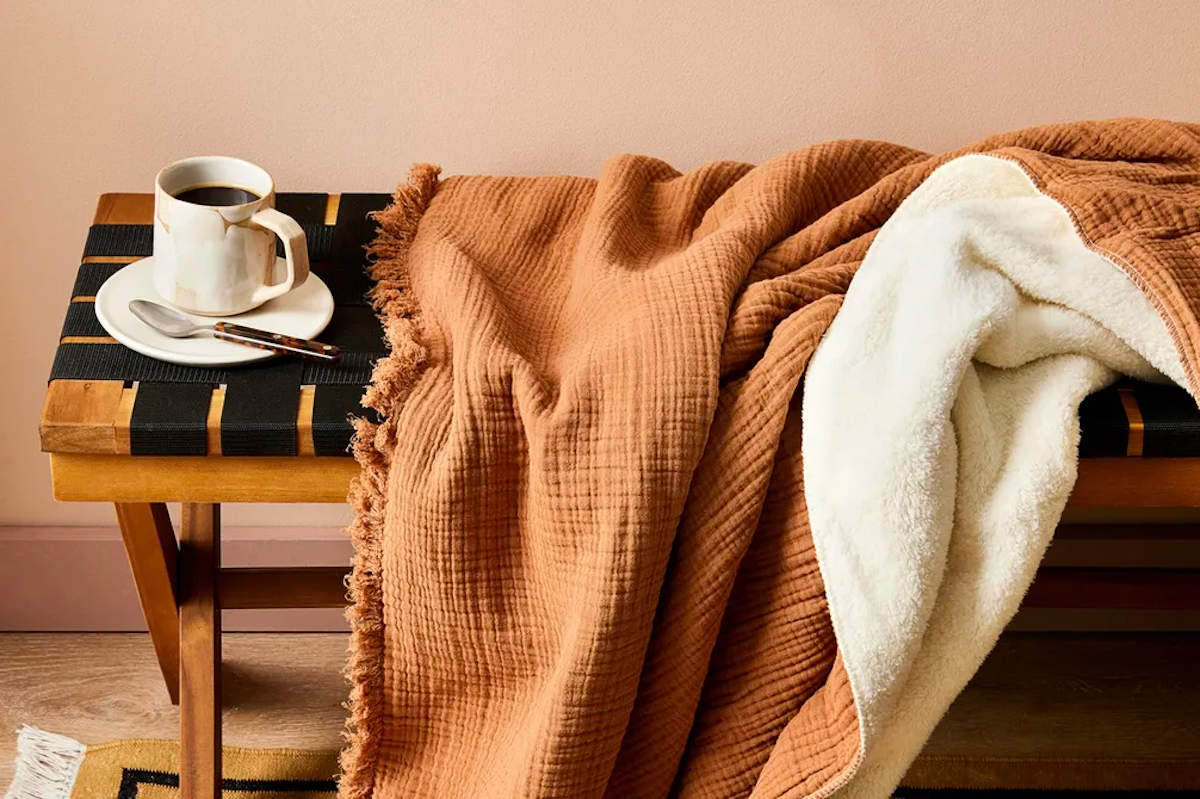Yes, a space heater can be safe. Here’s how

Heating costs are no joke right now, especially if you live somewhere with cold, frigid winters. If you’re looking to save some money, space heaters offer a way to keep one room toasty-warm without heating your whole home.
However, as you’ve probably heard, these appliances can be dangerous if not used properly. According to the U.S. Consumer Product Safety Commission, space heaters are responsible for a whopping 1,700 fires each year — the vast majority of which occur during the winter months.
To find out how to use the gadget safely, we spoke to expert Chris Harkness, president of heating company Aire Serv. He explained what to look for when buying a space heater, where to put it in your home, and how to operate it. Follow these guidelines, and stay cozy as can be all winter long.
Start with the right product
Not all space heaters are created equal, and it’s important to select a model that’s been tested for safety. The Electrical Safety Foundation International (ESFI) recommends looking for a label that indicates the product has been evaluated by a recognized testing laboratory. This could be a UL (Underwriter Laboratories) mark, ETL (Edison Testing Laboratories) label, or certification from CSA International (Canadian Standards Association), all of which are trusted third-party testing organizations.
You’ll also want to look for a space heater with key safety features: “Most space heaters have automatic shut offs if the unit is tipped,” explains Harkness. Another feature he suggests you seek out is overheating protection: “The space heater will automatically shut off when it gets overheated.”
Choose a safe spot
While it might be tempting to put a space heater right next to your bed, there are strict guidelines about where it’s safe to place these appliances. Put them on flat, level floors — space heaters aren’t meant to be used on furniture such as a table or cabinet, which could overheat.
It’s also key to keep them away from combustible materials, which could heat up and start a fire. Most brands recommend leaving at least three feet between your space heater and any rugs, clothing, curtains, or paper. “You should always keep the manufacturer’s recommendations in mind and keep the required distance from surrounding objects to prevent potential damage,” says Harkness.
If you have children or pets, you may want to invest in a baby gate or other barrier to keep loved ones several feet away from the space heater. They can accidentally knock it over or touch it, Harkness explained, causing burns or fires.
Skip the power strip
To operate it safely, plug your space heaters directly into a wall outlet: This means no power strips, extension cords, or even plug timers. Multiple electrical connections can overload the circuit or result in heat buildup, which can start a fire.
*Never* leave heaters unattended
One of the most common questions about space heaters is whether it’s safe to leave them running overnight, and unfortunately, the answer is no, according to Harkness, the ESFI, and the National Fire Protection Association. Someone should always be nearby — and awake — when a space heater is running.
“Never leave a space heater unattended,” recommends Harkness. “They aren’t meant to run for a long period of time.”
So if you’re heading out to walk the dog, popping over to the grocery store, or lying down for a quick nap, it’s important to shut the space heater off.
Service your smoke detectors
Even if you follow space heater safety guidelines perfectly, accidents still happen, so it’s essential to keep your smoke detectors working properly. The U.S. Fire Administration recommends testing these alarms every month by pushing the button on the front of the detector — or in the case of smart products, via the app. If your smoke detectors use 9-volt batteries, it’s also important to replace their batteries annually.
Don’t forget that smoke detectors have a 10-year lifespan! If you’re not sure when yours were last replaced, you can find the manufacturing date on the inside of the alarm.
With these tips in mind, you can stay cozy, warm, and safe all winter long.

